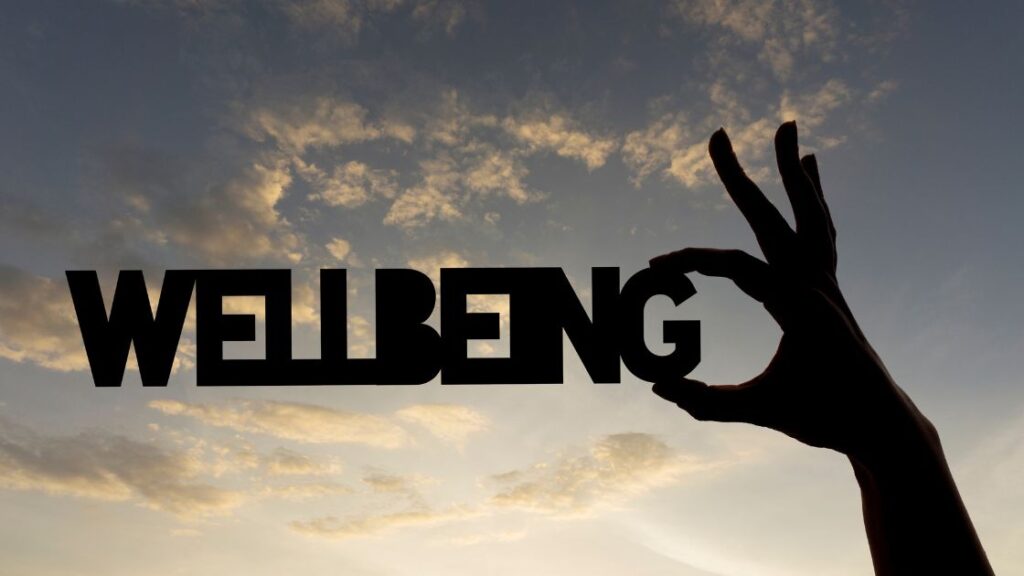The digital applications, software, and smart devices you are trusting your health with are actually selling you out. The mobile application you are using to track your daily activity level, heart rate, and calories consumed is actually collecting your data in terms of stats and selling that out t the advertisement companies. Then companies like Facebook and YouTube use this data to show you advertisements that might interest you. Thus you will be spending more time and money online.

This is not new information. Everybody knows Facebook and other sites utilize data to show ads and they also collect our data and sell it to other companies. The thing which is known is that the smart devices like the smartwatch you are using are providing very precise information about you. Your smartwatch collects data about your every move even when you do not have your cell phone on it. They are capable of tracking your sleep pattern with so much precision that they can provide information on your REM Sleep (deep sleep or time in which you dream) and light sleep. This technology is advancing at the pace that soon it will be able to induce sleep and program your dreams.
However, this is not the case yet but they do have access to some of your very detailed digital wellbeing data and they are selling it out. Information about your mobility, activity level, sleep, and work pattern is being collected and sold. IF this sounds scary to you do not worry google has offered a solution to this.
Applications like
Here is why google new might be pulled out of Europe

European governors are processed to pass a copyright law that would give publishers the right to demand payment when their articles show up on other web platforms.
The EU Copyright Directive — Directive on Copyright in the Digital Single Market — has faced scrutiny for requiring online aggregators to pay for using content snippets (Article 11), while YouTube could be forced to block some videos in the continent (Article 13).
In Search, snippets often include headlines, cover images, and usually the first line of an article. As Google News is largely comprised of these snippets, the company in December discussed shutting down the service in Europe.
However, another point that google is not highlighting is, while it does not ‘directly earns’ from the news, most of the traffic it gets is because of news where money is earned through advertisements in search results. Apart from that google also earns through the data it collects about searches.
That law would affect Google as well as other places where news articles are shared on the web, such as Facebook. YouTube might have to take down some videos or even video channels.
Since the European Union Copyright Directive was introduced last year, Google and YouTube have been lobbying against it by enlisting creators and users. Ahead of finalized language for Articles 11 and 13 this month, Google Search is testing possible responses to the “link tax.” Google’s public policy manager for Europe tells Bloomberg that Google News might pull out of the European continent as a direct reaction to the law being passed.
Google informed Search Engine Land that it is currently conducting experiments “to understand what the impact of the proposed EU Copyright Directive would be to our users and publisher partners.”
This could mean decreased traffic to European news sites, while Search results for news terms would appear out of context. This might occur if Google does not sign any licensing agreements with publishers. In December, the company’s Chief of news pointed out that “it’s unlikely any business will be able to license every single news publisher.”
On the other hand, if licenses are signed, Google would be “in the position of picking winners and losers” by having to select what deals it wants to make. Doubtless, the company would first-rate the most popular at the expense of smaller sites.
This could be significant news for the news website of the European region as their sole product is news that get surfed and searched by google. If google calls quit on them or get to pick and chose based upon what deals they can offer to google it could be devastating for them. On the other hand, if google decides to earn back the license fee by charging publishers for providing traffic it can also be a game changer.
This could also lead to other countries following such decisions and the impact can multiply for both google and publishing sites. This can also make the experience very frustrating for the news surfer or the consumer per se.
It appears that removing Google News from Europe would affect publishers as well, but Bloomberg says the impact on publishers’ traffic is “unclear” at this time.
As lawmakers conclude the details of the anticipated copyright law, an agreement is said to be possible in the following few months. Google will carefully study the details of the agreement before deciding to pull out its Google News service from Europe.








